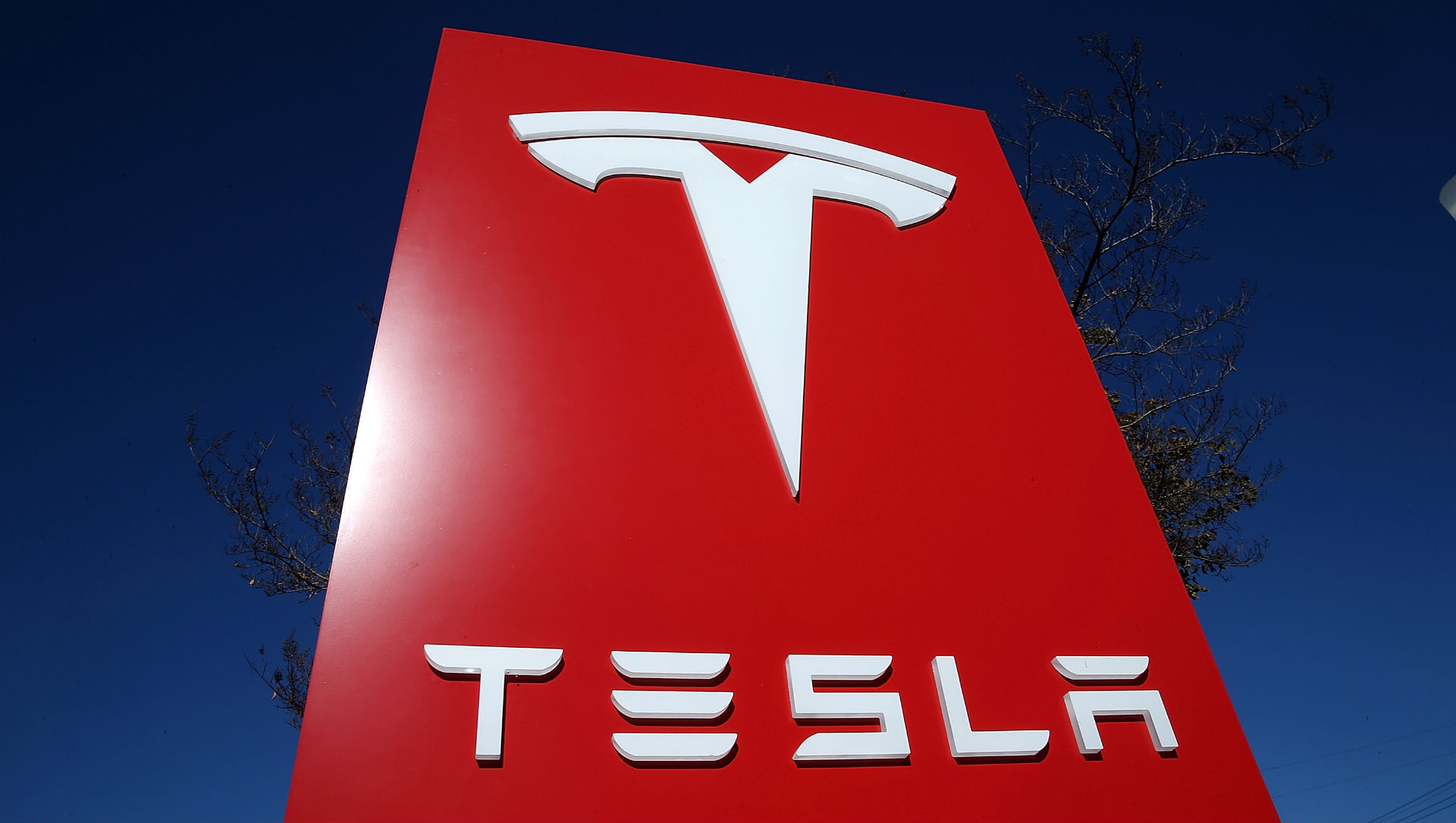

Another win for consumers comes with a successful fight from Tesla, reports local media outlet KCUR. After having its stores forced out of Missouri nearly a year ago, Tesla has been engaged in a legal tug-of-war with Missouri Automobile Dealers Association (MADA) based on its right to use direct-to-consumer sales.
Though many automakers still take the typical sales where dealers are used to selling vehicles to consumers, Tesla has begun to disrupt the industry by allowing that process to happen entirely from home. When buying a Tesla in a large number of states (the ones that actually permit direct-to-consumer sales), there’s no more dealer involvement like that of yesteryear. The consumer can initiate their purchase online, configure their vehicle, and have it ready to purchase without ever needing to leave their computer.
Despite the low-level court ruling denying MADA’s request, and the most recent decision made by the Missouri Court of Appeals, ruling that MADA did not have the right to challenge the status of Tesla’s dealer license, the battle is far from over. The appeals court determined that current legislation only allowed for licensing appeals to be made for those who have had licenses denied or revoked, and did not cover petitions to revoke licenses for currently established permit holders.
MADA feels strongly that the way Tesla sells vehicles negatively impacts other key players in the market, opening up a way for foreign automakers to simply dump cars onto unsuspecting consumers once they catch wind of a profitable venture. MADA feel that this threatens the very model that automakers and dealerships have been following for three decades.
“You’re supposed to sell vehicles through the system that was created in the early ’80s,” said Doug Smith to KCUR, president of MADA, “And until that system is modified or changed, that’s gonna be our stance.”
MADA is still looking into other options that will continue to challenge the direct-to-consumer model, even considering escalating the case to the Missouri Supreme Court.
Despite the negativity over the sales model, Tesla is considering the ruling a victory for the people, and not just a victory for the company. Gina Antonini, a Tesla spokeswoman, reportedly noted that the findings of the court were “a victory for Missouri consumers who want the choice to learn about and purchase their Tesla in their home state.”
Tesla has also been grilled over its use of customers as “rogue salespeople” by industry stakeholders who believe that the manufacturer has overstepped its bounds by offering financial incentives to consumers who use their influence to persuade someone to buy a Tesla vehicle. No matter how the sales tactics are viewed, whether it be revolutionary or immoral, there is little doubt that Tesla’s modernized approach to the classic system just plain works.